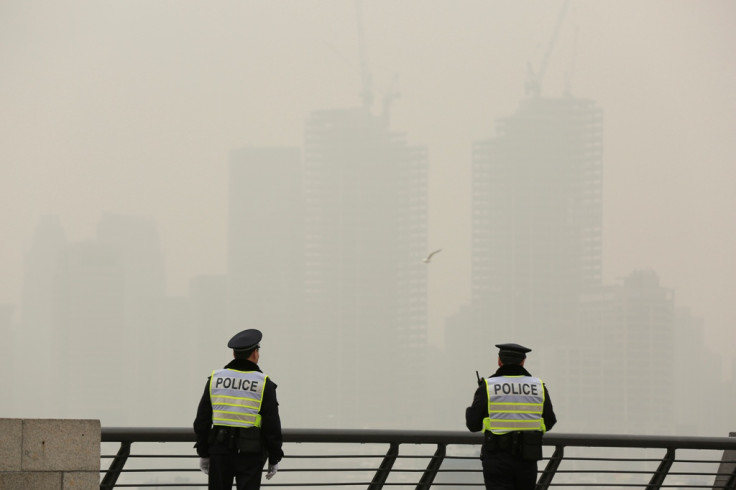Most Chinese cities failed to meet air standards in 2014
Just eight of 74 cities monitored by environment ministry met national standards in 2014

About 90% of China's big cities failed to meet air quality standards in 2014, but that was still an improvement on 2013, according to environment ministry data.
Just eight of the 74 cities monitored by the Ministry of Environmental Protection managed to meet national standards in 2014 on a series of pollution measures such as PM2.5, a measure of particles found in the air, carbon monoxide and ozone.
Shenzhen, Huizhou and Zhuhai in Guangdong province, Fuzhou in Fujian province, Kunming in Yunnan province, Haikou on the island province of Hainan, the Tibetan capital of Lhasa and the coastal resort city of Zhoushan met standards in 2014.
Of the 10 worst-performing cities in 2014, seven were located in the heavy industrial province of Hebei, which surrounds Beijing, the ministry said.
The cities of Baoding, Xingtai, Shijiazhuang, Tangshan, Handan and Hengshui, all in Hebei, occupied the top six spots.
The ministry said the average PM2.5 reading in the Beijing-Hebei-Tianjin region hovered at 93 micrograms per cubic metre in 2014. The state standard is 35 micrograms but the government does not expect to bring the national average down to that level before 2030.
China has identified Hebei as a top priority with regard to cutting smog, and it has set targets to slash coal consumption and shutter polluting industrial capacity, but the province has struggled to find alternative sources of growth, Reuters reported.
Last September, China introduced tax breaks on sales of electric cars in an attempt to reduce pollution in the world's second largest economy.
In August, 2014, the world's most populous nation identified public participation as a key factor in its bid to battle pervasive pollution. Beijing published a "behavioural standards" guide to reverse some of the environmental damage caused by more than three decades of rapid economic growth, urging people to walk and ride bicycles and buy goods with less packaging.
Chinese scientists warned in February 2014 that toxic smog was so bad that it resembled a nuclear winter and threatened the country's food supply.
© Copyright IBTimes 2025. All rights reserved.






















